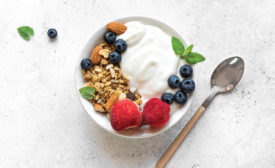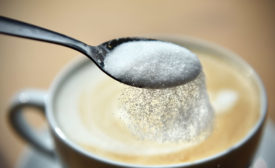Novel use of non-sucrose sweeteners and bulking agents in ice cream, frozen desserts
Given the variety of non-sucrose sweeteners and other considerations, attaining ‘sucrose-like’ sweetness and functionality will remain challenging
Read More





